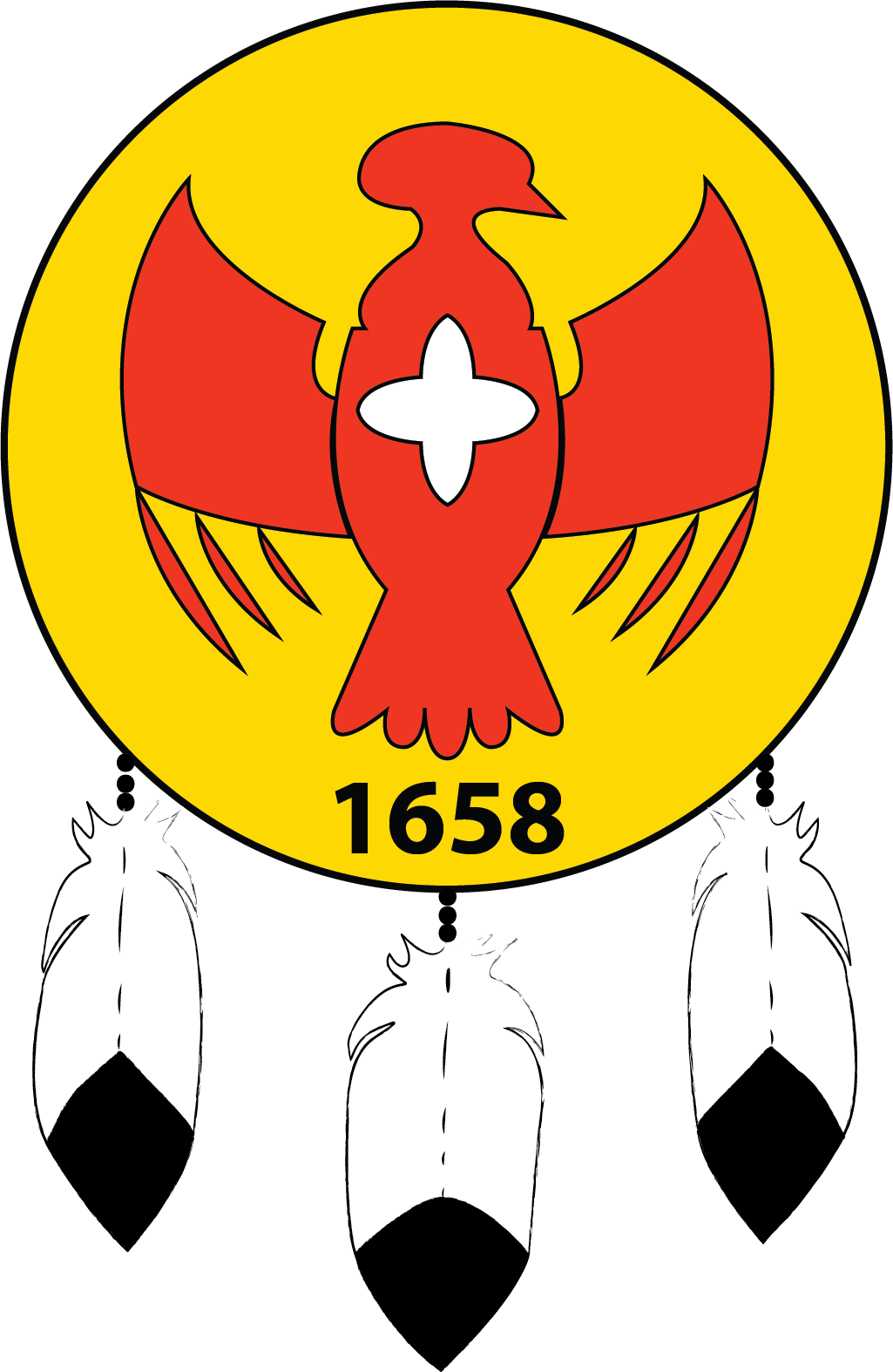The Mattaponi Indian Tribe on Thursday formally submitted a petition for federal acknowledgment as an Indian Tribe with a government-to-government relationship with the United States. The petition was delivered to the Office of Federal Acknowledgment within the Bureau of Indian Affairs by a delegation of tribal citizens and leaders, including Chief Mark T Falling Star Custalow, who traveled to Washington, D.C., for the occasion.

“Today we return to Washington, D.C. to continue the pursuit of the highest possible recognition of our Tribe’s sovereignty” said Chief Mark T Falling Star Custalow. “Since the 1970’s we have fought for the federal government to acknowledge our sovereignty, as the State of Virginia does, to give us access to the rights, freedoms and resources granted to other federally recognized tribes. Our people have fought long and hard for this, and we look forward to joining the family of federally recognized tribes.”
In Virginia, there are seven federally recognized tribes and eleven state-recognized tribes. The Pamunkey Tribe was the first in the state to gain federal recognition in 2015, with six other tribes added in 2018. The Mattaponi, one of the original Powhatan tribes, is now the last of these tribes seeking federal recognition. The Mattaponi’s petition has gained strong support from other tribes in Virginia, both state and federally recognized, as well as from the Commonwealth of Virginia.
Pursuing federal recognition is a rigorous and costly process. In 2021, the Mattaponi Tribe received a grant to aid in gathering data and preparing the extensive petition, which includes nearly 1,000 pages of narrative and more than 1,000 supporting documents. Researchers examined historical records dating back to the founding of Jamestown, and a dedicated team—including six enrolled tribal members—worked tirelessly with the Mattaponi Petition Office to make today’s filing possible.
“We could not have gotten this far without the dedicated staff, tribal members, and consultants who worked long hours on short deadlines.” “Special thanks also goes to Administration of Native Americans for their help and support along the way,” the Chief said.
Federal recognition would affirm the Mattaponi’s sovereignty, empowering the Tribe with self-determination over its lands, resources, and cultural heritage. This status would also open up new opportunities for education, healthcare, and housing programs that would strengthen the Tribe’s economic stability and prosperity. Additionally, federal recognition would support the Tribe’s efforts to preserve its rich cultural and historical heritage, enhancing America’s understanding of Native American history.
The Mattaponi Tribe, a state-recognized Indian tribe with nearly 300 enrolled members across the United States, holds a reservation of over 200 acres along the Mattaponi River in King William County, Virginia. The name “Mattaponi” is derived from the Algonquian language and translates to “Landing Place” or “River of Highbanks.” The Mattaponi are one of the core tribes of the Powhatan chiefdom, led historically by Chief Powhatan, the father of Pocahontas, who ruled most of Tesenacomoca (now Tidewater Virginia) when European settlers arrived in 1607. The Mattaponi signed articles of peace with European colonists in 1646, later ratified in 1677, and have since maintained their treaty obligations, presenting an annual tribute to the Governor of Virginia, thereby sustaining their government-to-government relationship.
More Stories Like This
50 Years of Self-Determination: How a Landmark Act Empowered Tribal Sovereignty and Transformed Federal-Tribal RelationsNavajo Nation Council Members Attend 2025 Diné Action Plan Winter Gathering
Ute Tribe Files Federal Lawsuit Challenging Colorado Parks legislation
NCAI Resolution Condemns “Alligator Alcatraz”
NABS Documents 134 More Survivor Stories, Expands Digital Archive in 2025
Help us defend tribal sovereignty.
At Native News Online, our mission is rooted in telling the stories that strengthen sovereignty and uplift Indigenous voices — not just at year’s end, but every single day.
Because of your generosity last year, we were able to keep our reporters on the ground in tribal communities, at national gatherings and in the halls of Congress — covering the issues that matter most to Indian Country: sovereignty, culture, education, health and economic opportunity.
That support sustained us through a tough year in 2025. Now, as we look to the year ahead, we need your help right now to ensure warrior journalism remains strong — reporting that defends tribal sovereignty, amplifies Native truth, and holds power accountable.
 The stakes couldn't be higher. Your support keeps Native voices heard, Native stories told and Native sovereignty defended.
The stakes couldn't be higher. Your support keeps Native voices heard, Native stories told and Native sovereignty defended.
Stand with Warrior Journalism today.
Levi Rickert (Potawatomi), Editor & Publisher


